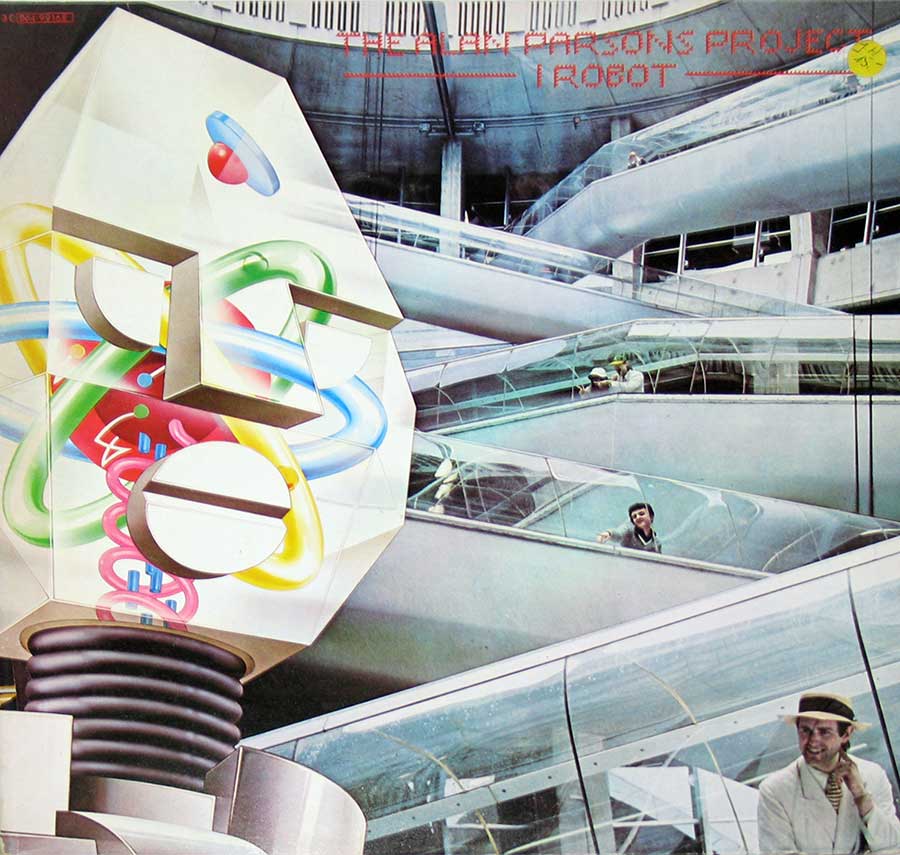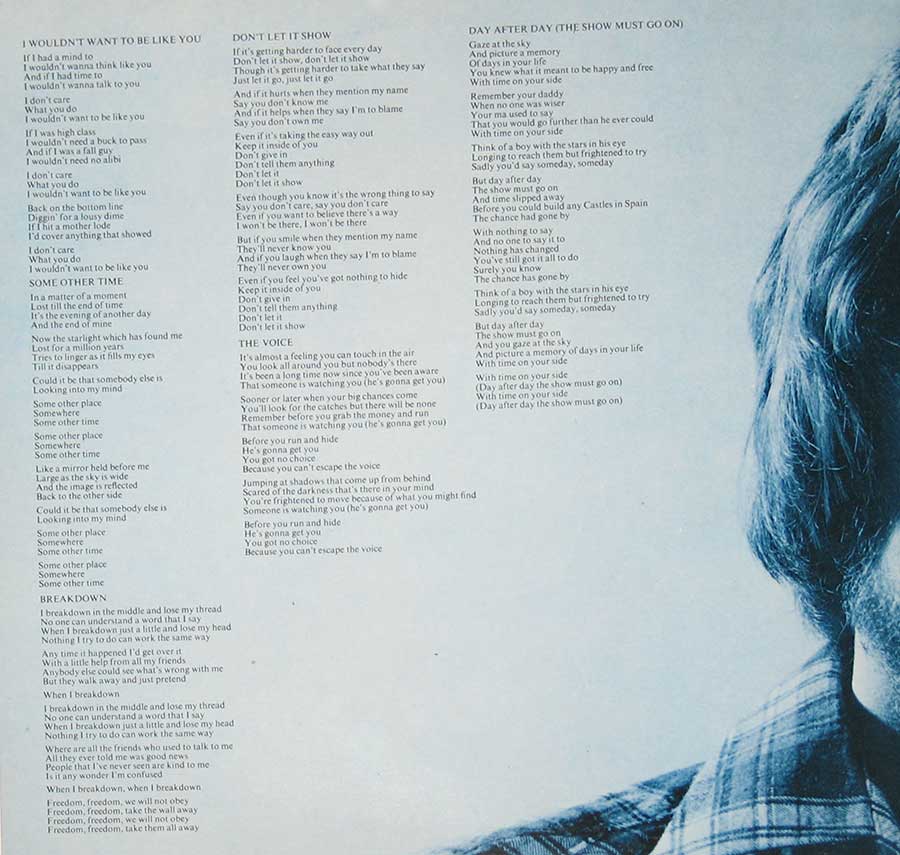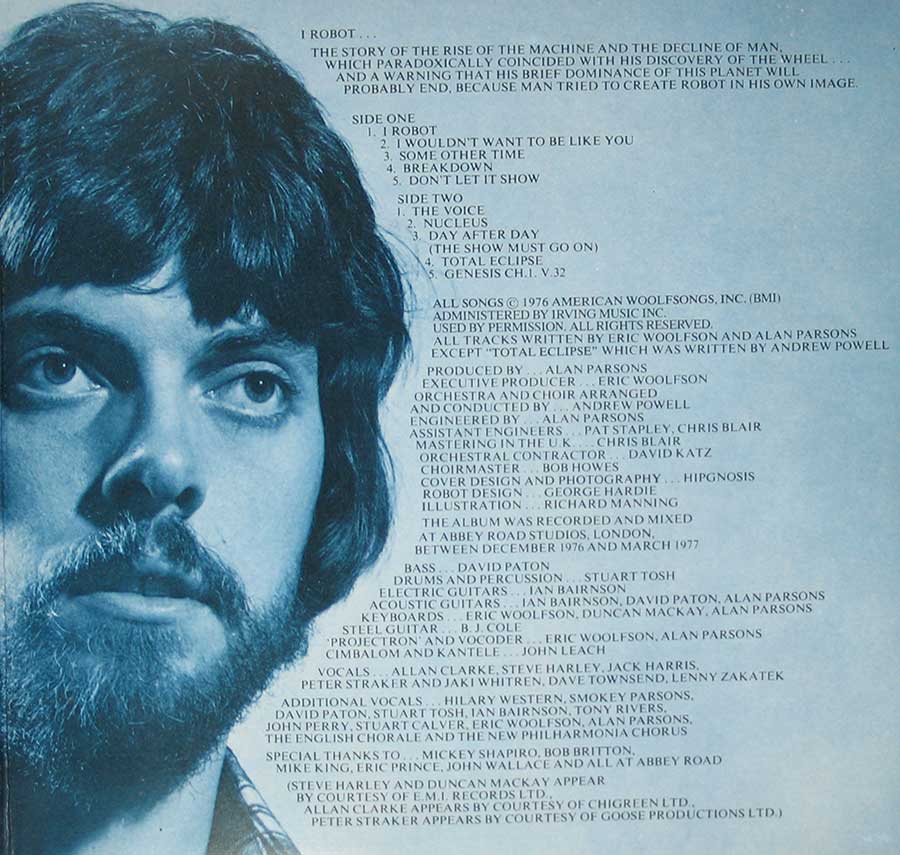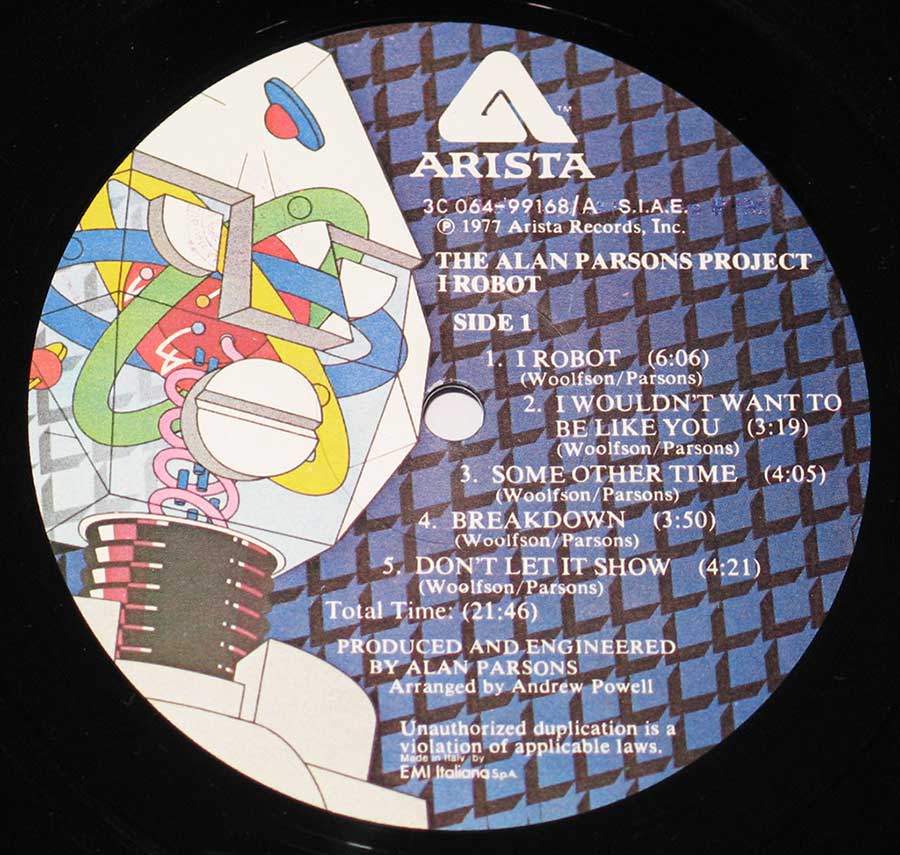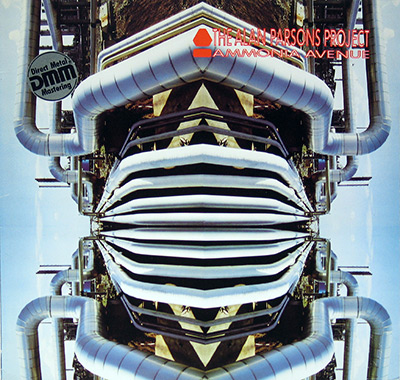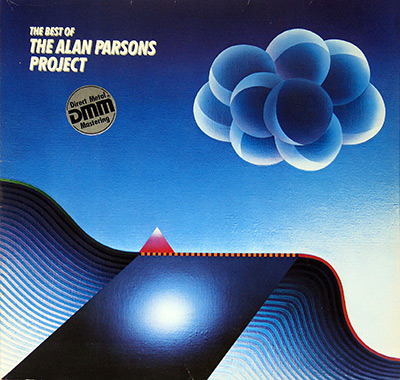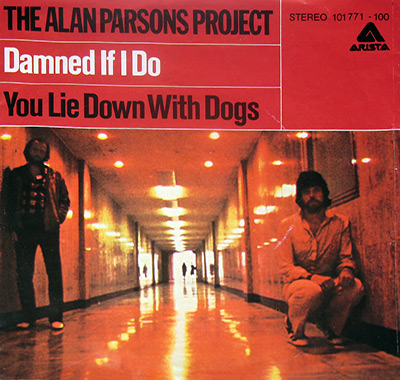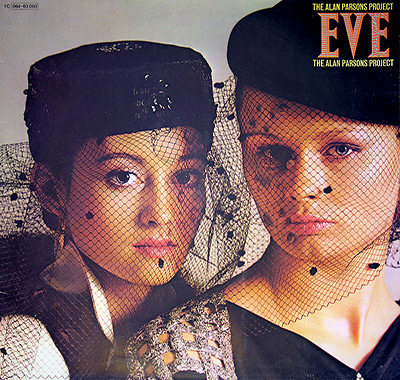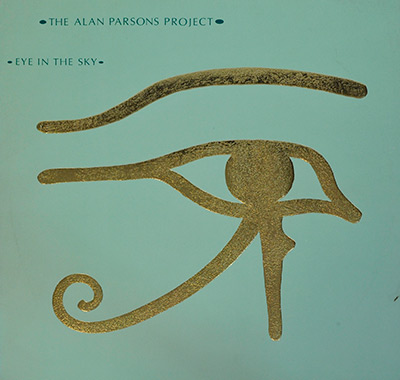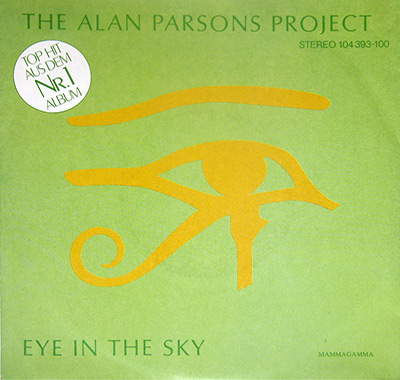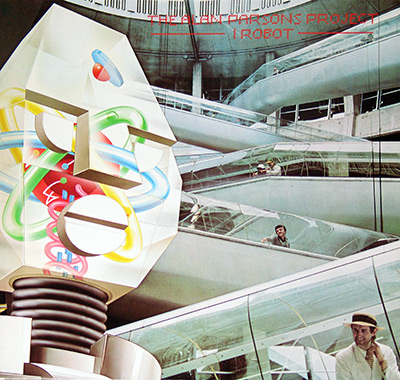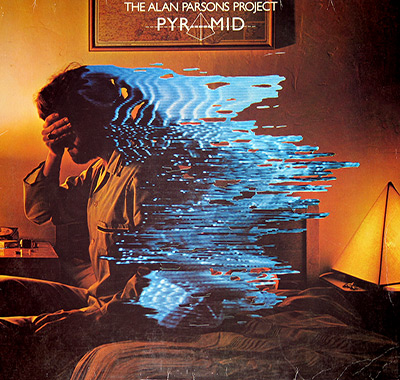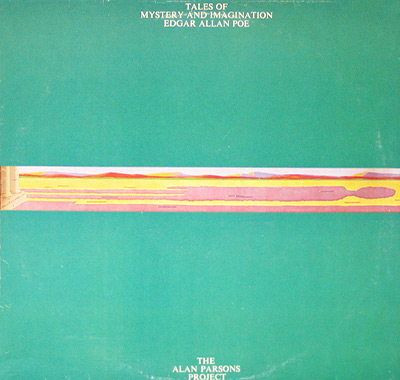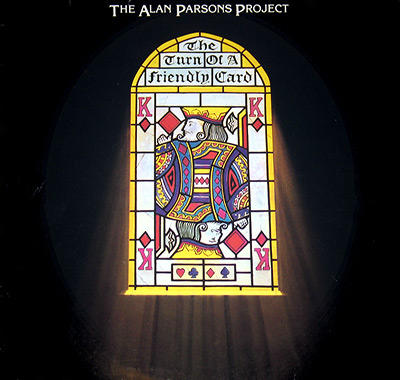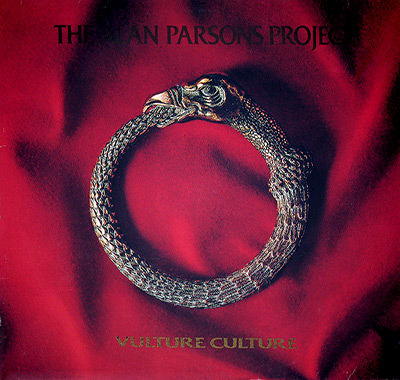"I Robot"Album Description:
The Alan Parsons Project's "I Robot" stands as a testament to the progressive and innovative spirit of the 1970s music scene. Released as a concept album in 1977, it marked a significant chapter in the band's career and showcased their mastery in blending rock with elements of progressive, electronic, and symphonic music. This article delves into the creation of "I Robot," exploring its historical context and the intricate process of bringing this musical masterpiece to life.
Background:
The Alan Parsons Project was a British progressive rock band formed by Alan Parsons and Eric Woolfson. Both seasoned musicians and audio engineers, they aimed to create concept albums that combined intricate musical arrangements with thought-provoking themes. "I Robot" was the band's second studio album, following the success of their debut, "Tales of Mystery and Imagination" based on the works of Edgar Allan Poe.
Concept and Themes:
"I Robot" draws inspiration from Isaac Asimov's science fiction works, particularly his robot-themed stories. The album explores the relationship between humans and machines, addressing themes of artificial intelligence, technology, and the potential consequences of human creations. The concept is weaved throughout the album, creating a cohesive narrative that transcends individual tracks.
Recording Process:
The making of "I Robot" involved meticulous attention to detail, a hallmark of Alan Parsons' approach to music production. The album was recorded at Abbey Road Studios in London, adding to its historical significance. Parsons, known for his work as an engineer on Pink Floyd's "The Dark Side of the Moon," brought his technical expertise to sculpt the distinctive sound of "I Robot."
The recording process utilized the latest technology of the time, including cutting-edge synthesizers and studio equipment. Parsons' innovative use of sound effects and his ability to blend electronic and orchestral elements played a crucial role in defining the album's unique sonic landscape.
Musical Journey:
"I Robot" takes the listener on a musical journey, with tracks like "I Wouldn't Want to Be Like You" and "Breakdown" showcasing the band's ability to craft catchy and accessible tunes. Simultaneously, more complex compositions like "The Voice" and "Genesis Ch.1 V.32" highlight the band's progressive rock roots. The album's instrumental interludes contribute to its atmospheric and immersive quality.
Reception and Legacy:
Upon its release in 1977, "I Robot" received critical acclaim for its innovative sound and thematic depth. The album's success solidified The Alan Parsons Project's position in the progressive rock genre. Over the years, it has become a cult classic, appreciated not only for its musical prowess but also for its timeless exploration of human-machine relationships.
